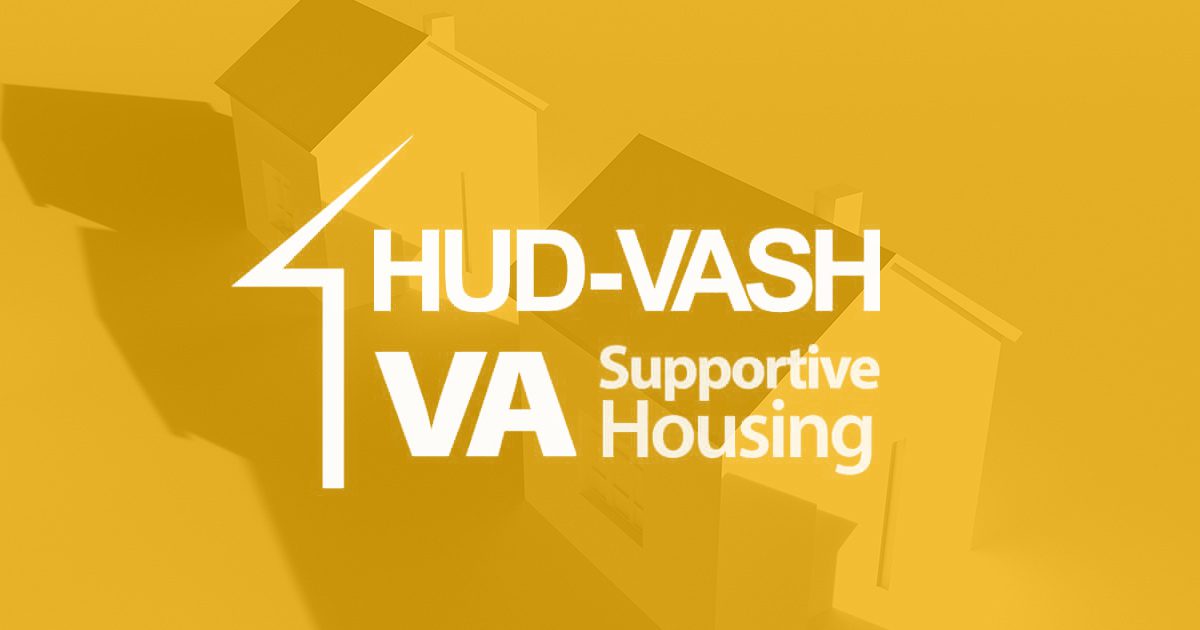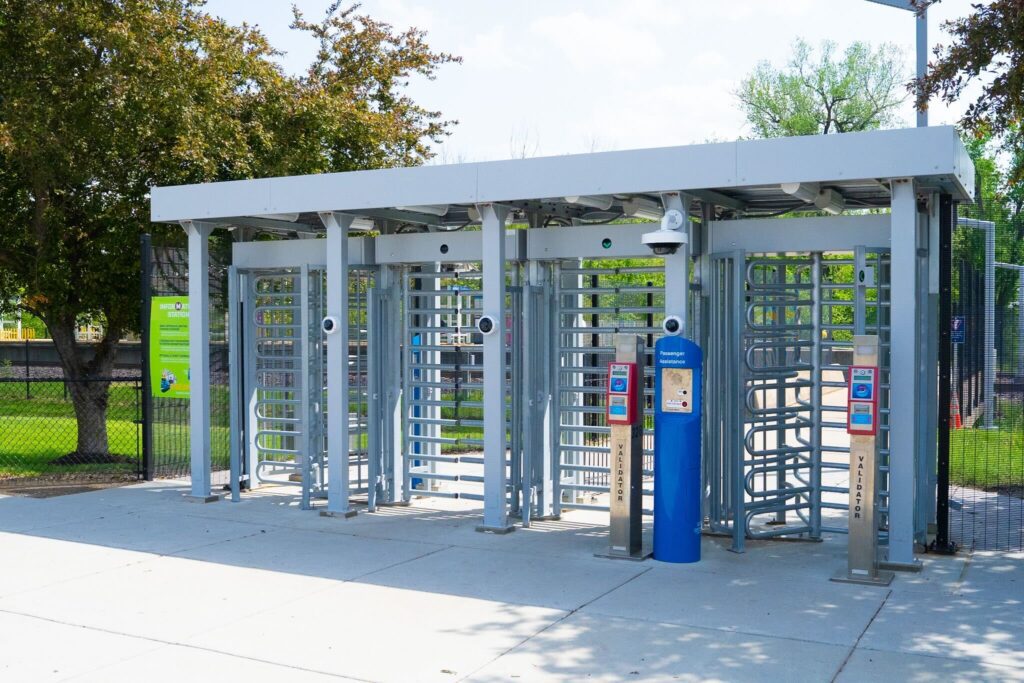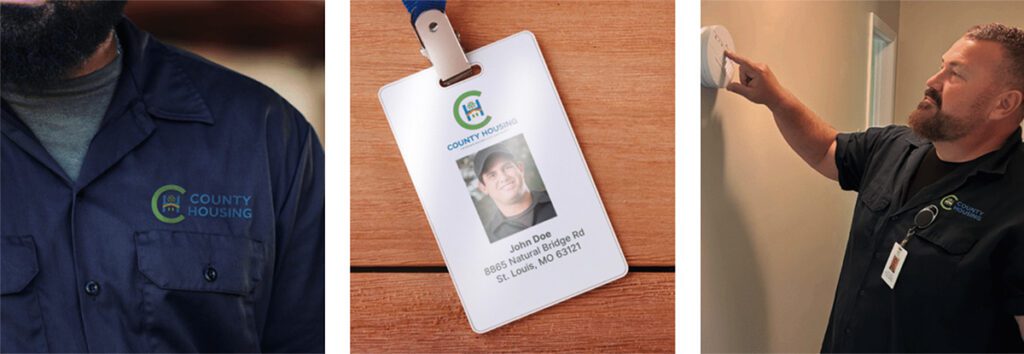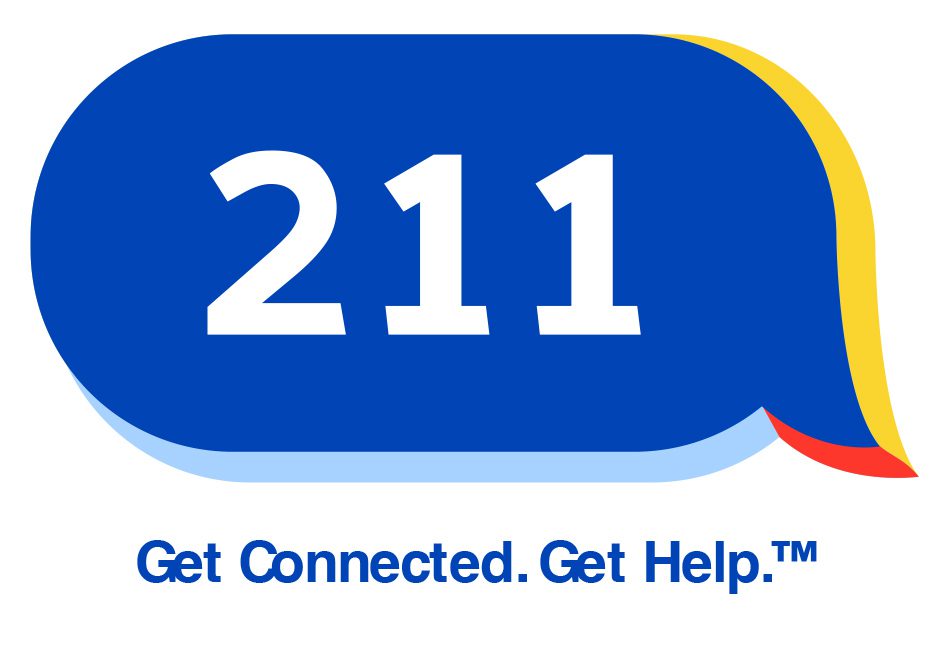October 2025 Landlord Newsletter
Table of Contents:
Spotlight on NSPIRE: HUD Extends NSPIRE-V Compliance Deadline
- Keys to Success: RentCafé Portal Webinar Recap
- Resource Highlight: ARCH
Welcome to The Landlord Bulletin
Dear Landlords,
As we move into fall, I want to take a moment to say how much we appreciate your partnership. Whether you’re part of our Housing Choice Voucher (HCV) program or another County Housing initiative, your role in providing safe, quality homes makes a lasting difference in the lives of our residents and in our community as a whole.
Your commitment helps families put down roots, children focus on school, and individuals feel the stability of having a place to call home. We couldn’t do this without you.
This issue of the Landlord Newsletter includes updates and resources designed to support you in this important work. You’ll find information on upcoming events, reminders about program policies, and tips to help make the leasing process as smooth as possible. We’ve also included success stories that show the real-life impact of your participation and dedication.
As always, our team is here to help. Please don’t hesitate to reach out with questions, ideas, or feedback. We value hearing from you and learning how we can continue to strengthen our partnership.
Thank you for all you do; your professionalism, dedication, and the difference you make every day. Together, we’re building stronger, more stable communities.
Sincerely,
Shannon Koenig
Chief Executive Officer
County Housing
Important Update for Landlords:
HUD Extends NSPIRE-V Compliance Deadline
HUD has extended the mandatory compliance date for the new voucher inspection standards, known as NSPIRE-V, to February 1, 2027. This extension gives landlords and housing authorities additional time to prepare for and implement these updated requirements.
Until NSPIRE-V takes effect, current Housing Quality Standards (HQS) will remain in place, and all existing inspection processes will continue as usual. Please note that some safety requirements—such as working carbon monoxide and smoke alarms and lead-based paint visual assessments—are still mandatory and must be maintained in your rental units.
County Housing will continue to keep you informed as HUD releases more guidance. We’ll provide updates, training opportunities, and resources to help you comply with NSPIRE-V requirements well ahead of the deadline.
If you have questions about inspections or unit standards, please reach out to our Landlord Liaison at landlord@countyhousing.org.
Keys to Success
RentCafé Portal Webinar Recap
On August 7, County Housing hosted a webinar for landlords to provide an in-depth overview of the RentCafé Portal, our online platform for managing Housing Choice Voucher (HCV) and other program units.
Webinar Highlights:
Goals of the Session:
- Demonstrate the benefits of using the RentCafé Portal.
- Provide step-by-step guidance on logging in and managing accounts.
- Answer common questions from landlords about portal functions and processes.
Key Features Reviewed:
- Account Access: Instructions for new and existing users on logging in or registering, including using your unique registration code.
- Profile Setup: Required fields for personal and account information, along with acceptance of the Terms & Conditions.
- Portal Tools: How to navigate unit inspections, ledger management, unit holds and abatements, and EFT (electronic fund transfer) setup.
- Multi-Unit Properties: Guidance for landlords managing multiple units in the system.
Frequently Asked Questions:
- How to add additional units for multi-unit buildings.
- Steps to re-register if a previous registration needs to be deleted.
- How to confirm receipt of tenant payments and how EFT setup ensures direct deposit for future payments.
Next Steps:
To receive a copy of the slides from the webinar, or for assistance with registration, adding units, or troubleshooting account issues, please get in touch with your CORE Team Landlord Liaison at landlord@countyhousing.org
A Place Called Home
Every home begins with a key and the people who make that possible. At County Housing, we work hand in hand with landlords to open doors for individuals and families in our community. Together, we’re not just providing housing; we’re creating stability, opportunity, and the foundation for a better future.
Each time a landlord chooses to participate in the Housing Choice Voucher Program, they are helping someone take a step toward security and self-sufficiency. For residents, that step might mean a safe neighborhood, access to better schools, or the comfort of knowing they have a place to return to at the end of the day.
While the path to finding “a place called home” looks different for every family, one thing remains the same: it’s made possible through the dedication and partnership of our landlords. Thank you for helping us make home a reality.
Fall Maintenance Tips for Landlords
Preventing problems before they happen saves time and money. Here’s a quick seasonal checklist:
Inspect and clean gutters to prevent water damage.
Check furnaces and replace filters before the first cold snap.
Insulate pipes in unheated areas to avoid freezing.
Test smoke and carbon monoxide detectors for safety.
Resource Highlight:
Introducing ARCH by HomeScreen – A Valuable Resource for Landlords
At County Housing, we’re always looking for ways to connect our landlord partners with tools and resources that support both you and the residents you serve. One such resource is ARCH by HomeScreen, a program that helps at-risk renters secure safe and stable housing while offering landlords access to a growing pool of qualified tenants.
We’re pleased to introduce ARCH as a potential partner for your rental properties. Below, you’ll find more information about how ARCH works and how it can benefit landlords like you.
Thank you for your continued partnership with County Housing as we work together to expand housing opportunities across our community.
At ARCH by HomeScreen, we’re committed to connecting at-risk renters with safe and stable housing — and we want to be sure landlords like you have the information you need to participate in and benefit from this work.
Launched in March 2021 through CARES Act funding, the At-Risk Renters’ Connection to Housing (ARCH) was created to support low- to moderate-income renters whose housing was affected by the pandemic. Since then, our focus has expanded to help any person currently at risk of homelessness find housing stability.
This fall, we’re proud to be approaching our 200th household housed through the ARCH program, with 83% of placements from the first half of 2024 reporting no issues. Over the past four years, HomeScreen staff at Tower Grove Community Development Corporation (TGCDC) have worked tirelessly to recruit and onboard landlords and nonprofit users to the ARCH platform.
Today, we partner with:
- 500+ nonprofit users from more than 100 organizations
- 350+ individual landlords with properties in St. Louis City, St. Louis County, the Metro East, Jefferson County, and St. Charles County
But demand for affordable housing continues to grow. Homelessness is on the rise across the St. Louis metro area, with over 2,000 homeless individuals recorded in the City of St. Louis in 2024 — a 31% increase since July 2021.
We’re eager to expand our network of landlords to meet this urgent need and continue making an impact for the next 100 households we serve.
If you have a property you would like to list on the ARCH platform or want to learn more about the benefits of partnering with us, please contact Ella Gross at ella@towergrovecdc.org.
County Housing 2025 Holiday Office Closures
Please be aware that County Housing will be closed on the following holidays in 2025:
- Veterans Day – Tuesday, November 11
- Thanksgiving Day – Thursday, November 27
- Day After Thanksgiving – Friday, November 28
Additionally, County Housing will be closed for the holiday season from Thursday, December 25, 2025 through Thursday, January 1, 2026, and will reopen on Friday, January 2, 2026.
Please plan accordingly, and we hope you enjoy your holidays!
Contact Us
We’re Here to Help
Working with County Housing goes beyond simply providing a home; it’s about strengthening neighborhoods and creating opportunities for families and individuals who may not otherwise have access to safe, affordable housing. Your partnership has a ripple effect, benefiting not just residents but the entire community.
Thank you for being a valued partner in our mission to expand housing opportunities and foster strong, healthy neighborhoods.
We’re always here to connect:
Email: landlord@countyhousing.org
Phone: 314-428-3200












